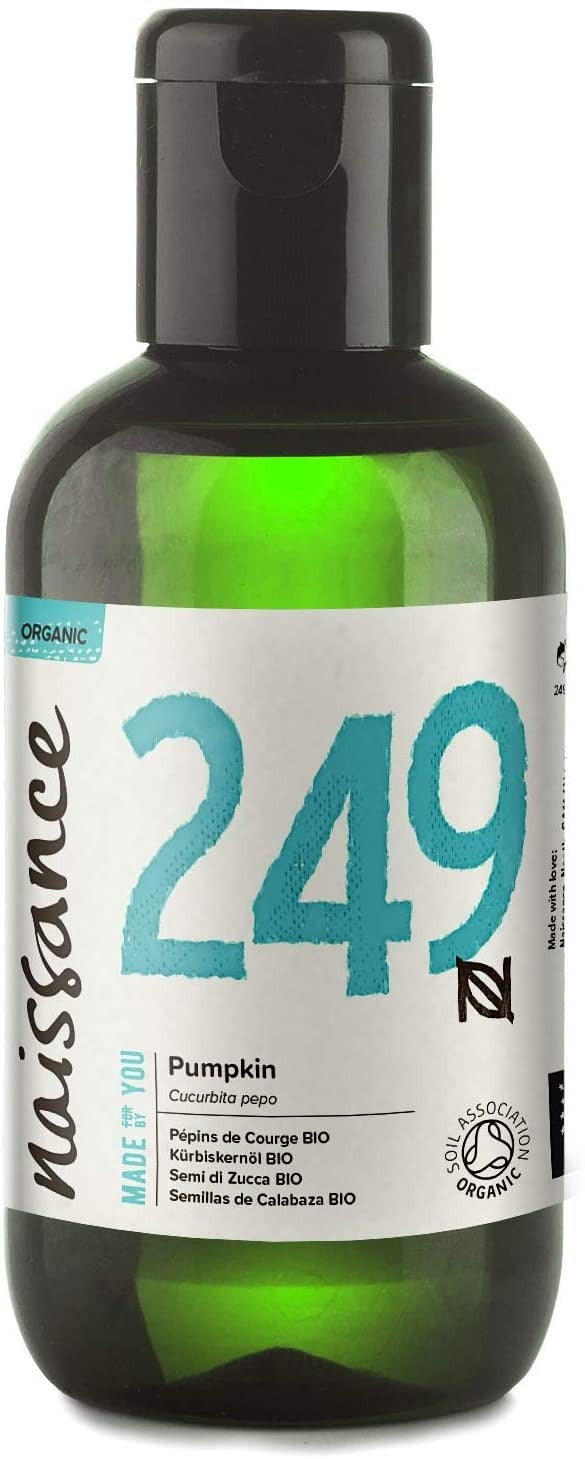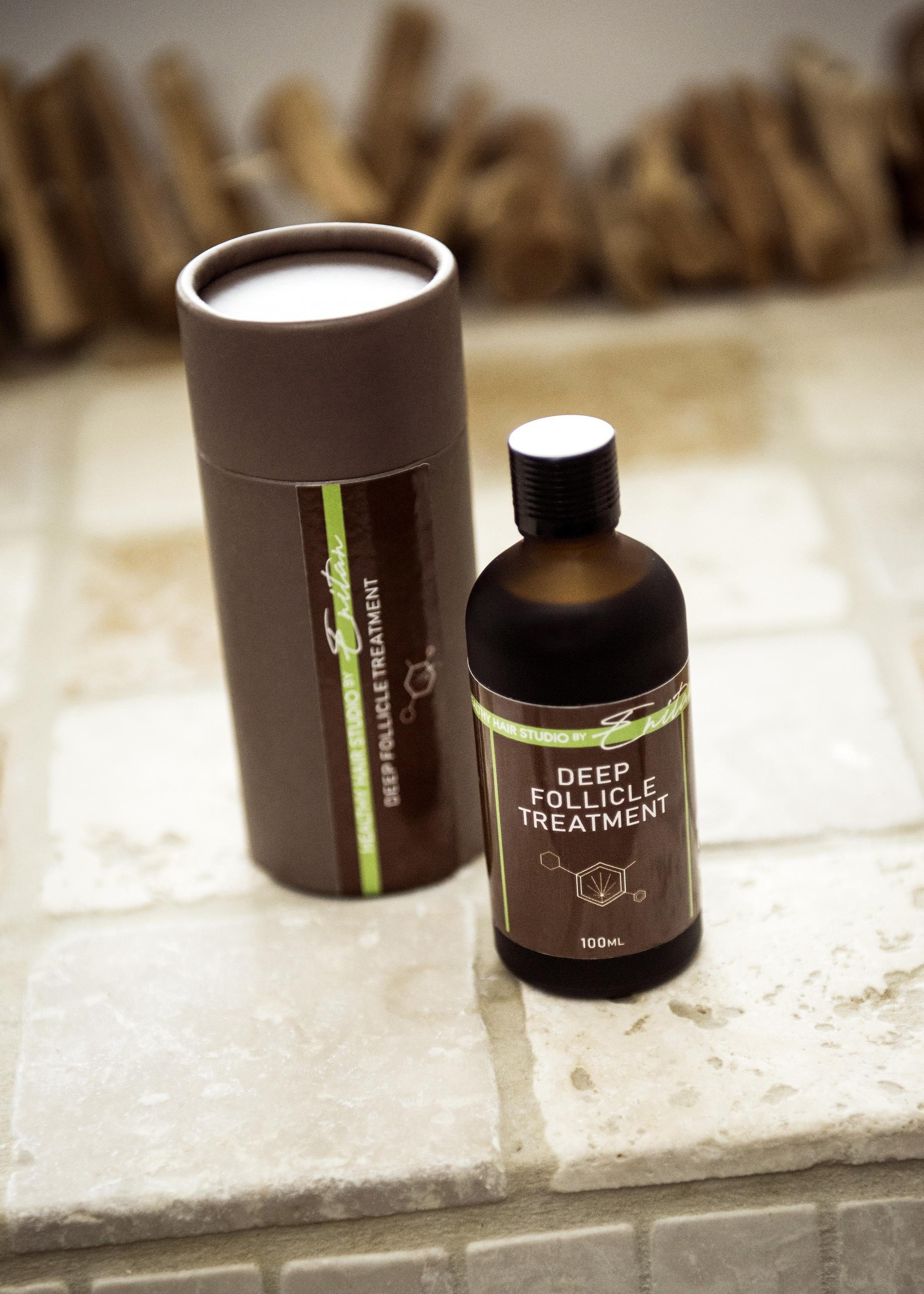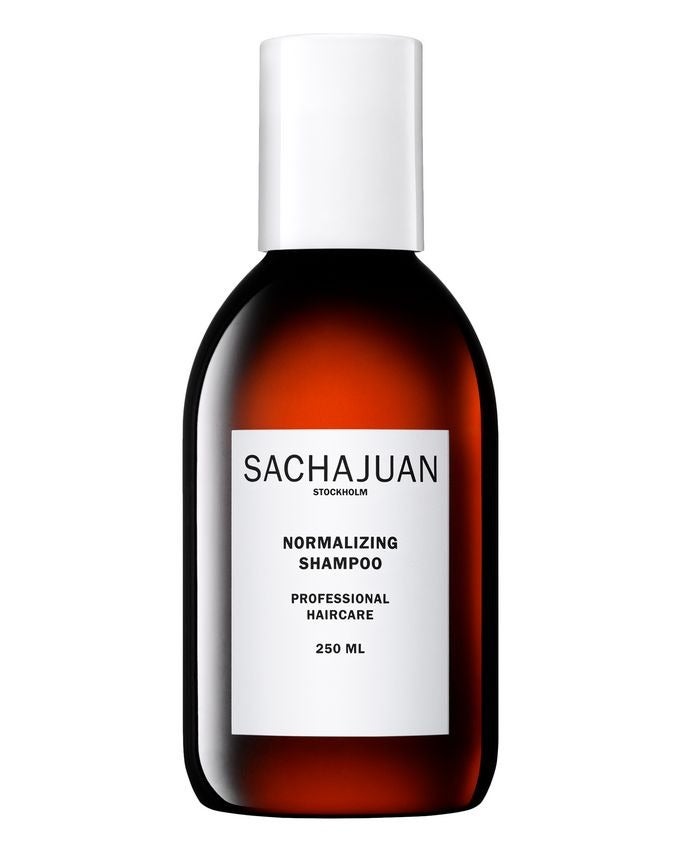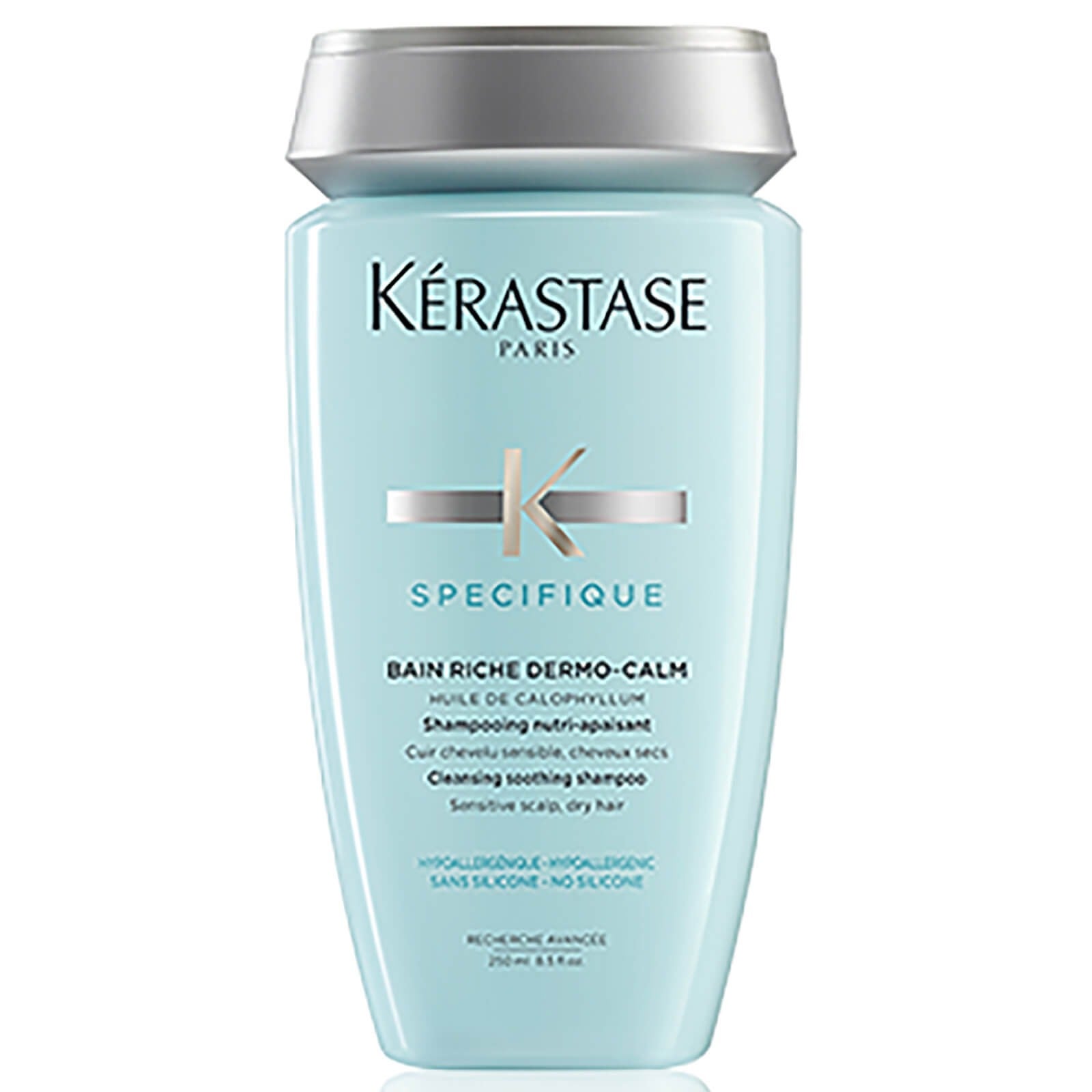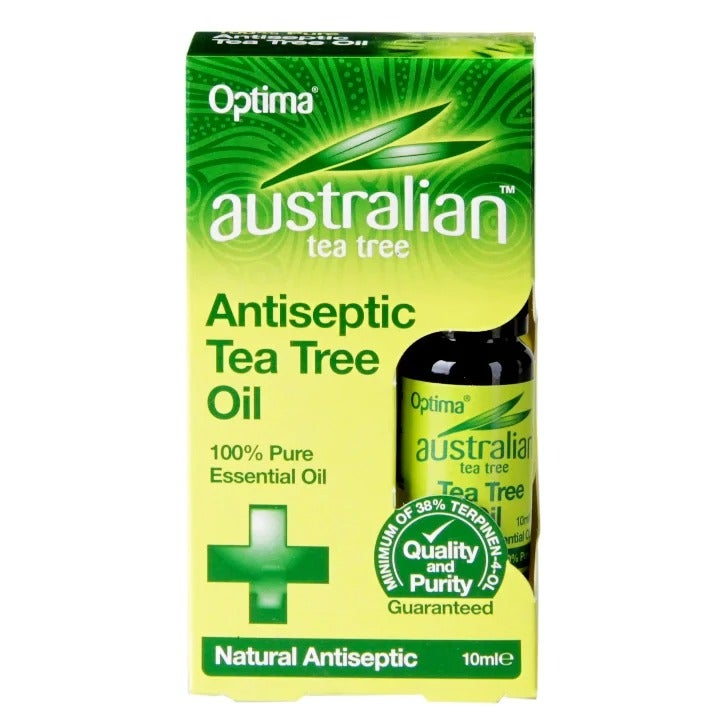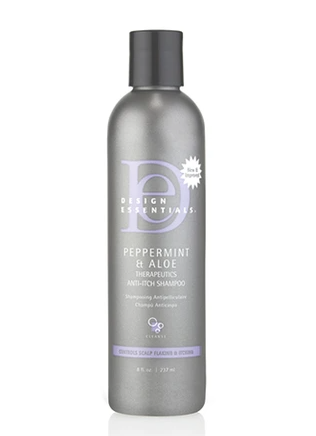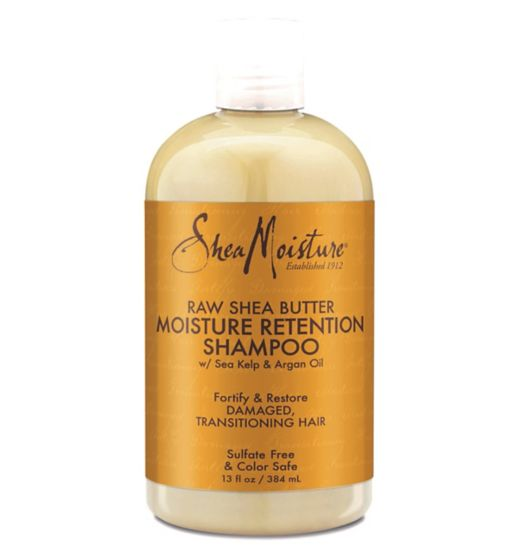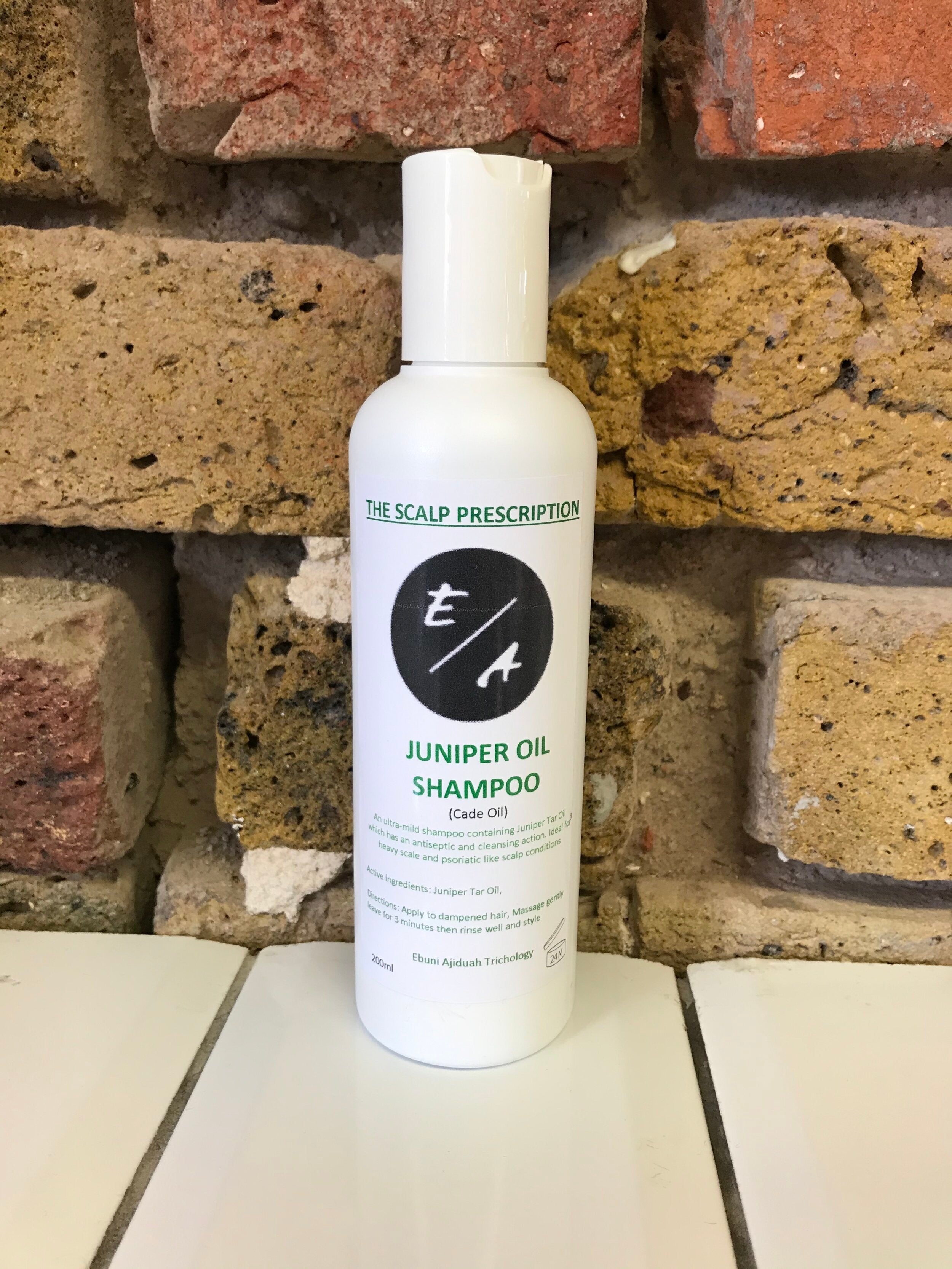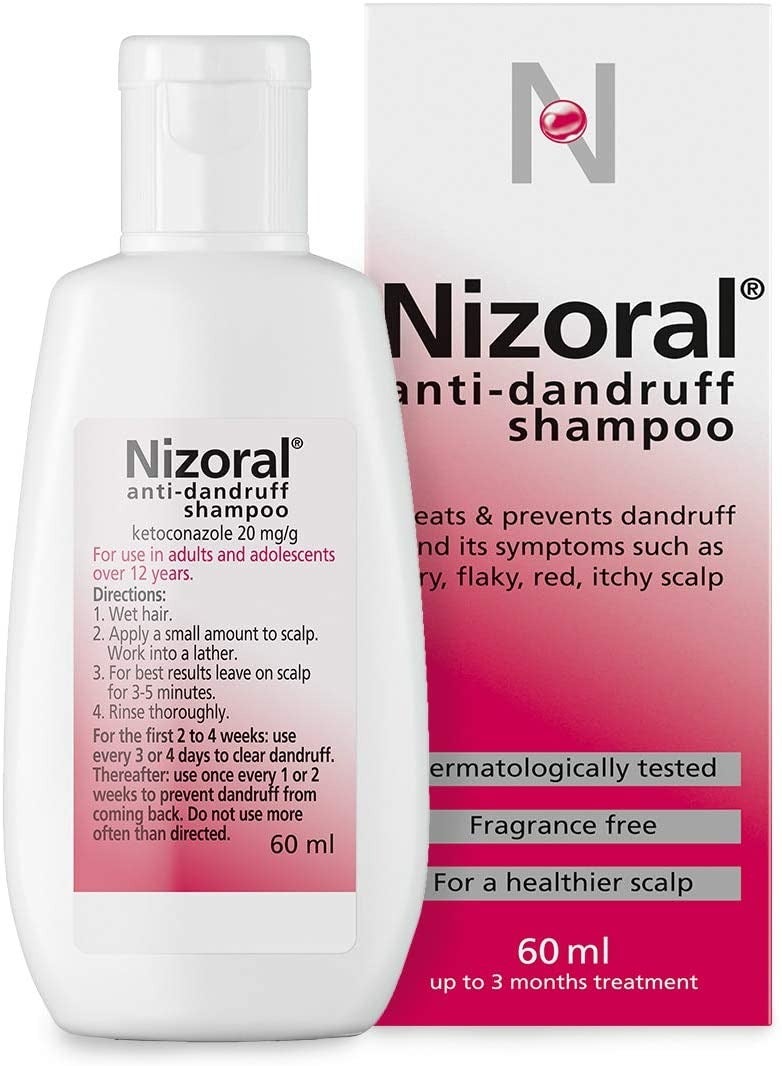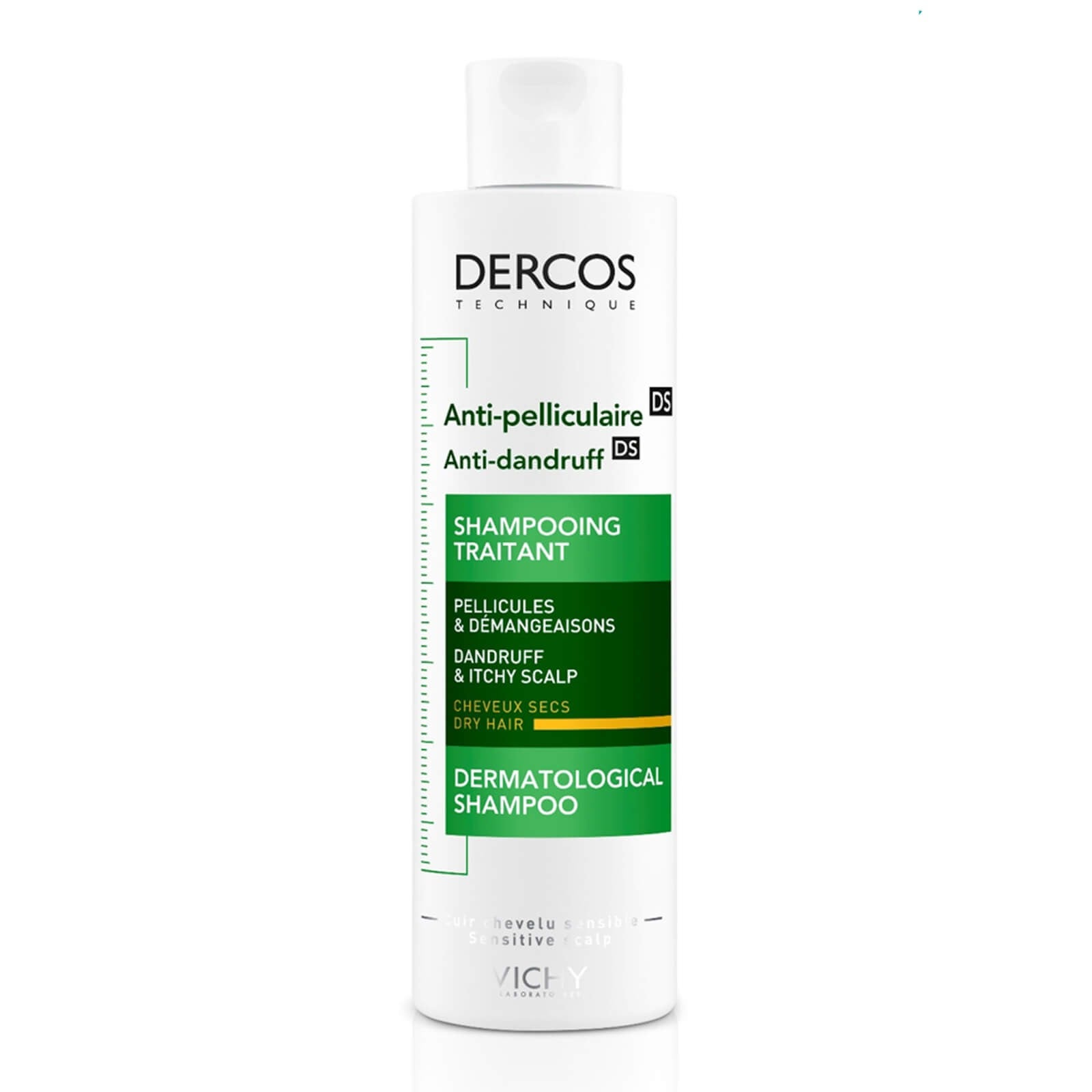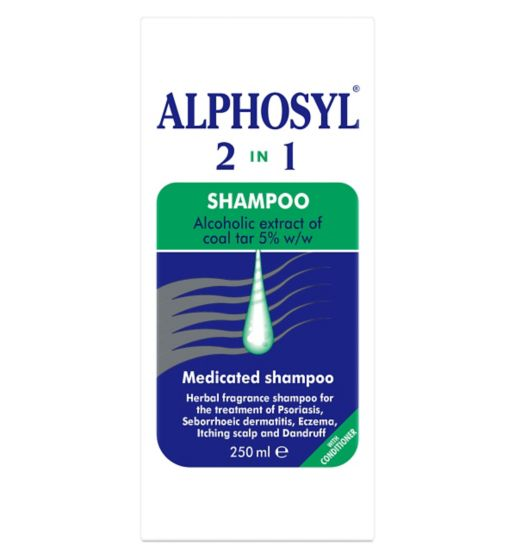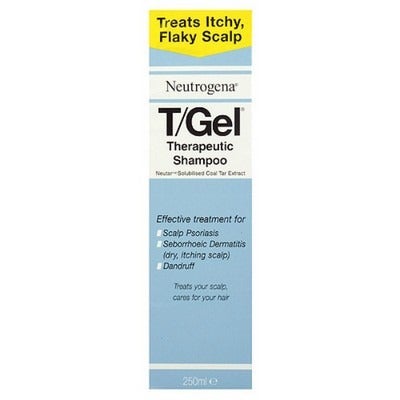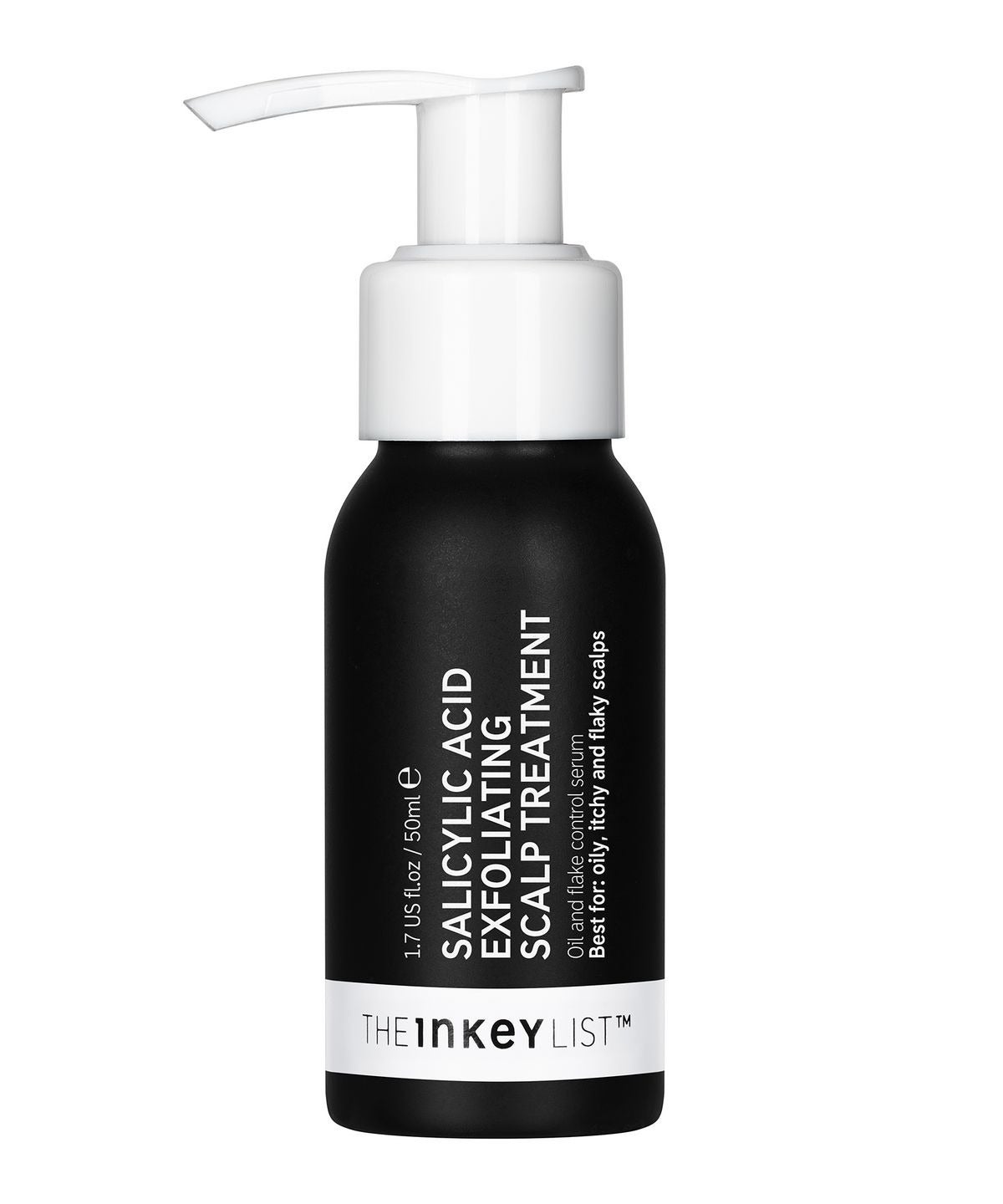Living with a scalp condition can be challenging but the added complexities of afro hair makes treating it all the more difficult. Unique in its care, coily hair is very delicate. Susceptible to dryness, it must be moisturised often to avoid the risk of breakage, while ever-changing hairstyles that tightly tuck away every strand of hair can cause underlying problems.
As a result, it's very easy to neglect your scalp, resulting in flakiness and itchy parched patches to name a few issues. In many cases, common scalp conditions are long-term, so learning how to treat them without damaging or drying out afro hair is crucial to maintaining its health. Ahead, we enlisted four hair experts to explain the most common scalp conditions affecting those with afro hair, and how best to treat them at home.
AdvertisementADVERTISEMENT
How To Treat Traction Alopecia
Due to the friction, pressure or the weight of extensions (braids and wigs are common culprits), Black women tend to experience hair loss around the hairline, otherwise referred to as traction alopecia. "Moving from one hairstyle to another will only exacerbate the problem," says Enitan Agidee, hair coach at Healthy Hair Studio. "Sometimes we know our hair is too tight. Pain is a signal that something is wrong."
The first step to treating traction alopecia is pretty simple, continues Enitan. "Stop doing whatever has caused it (such as wearing a tight hairstyle) and your hair could start to grow back in about eight weeks. Otherwise, traction alopecia can become permanent." To stimulate hair growth, there are many holistic and non-holistic topical products to choose from. "The holistic approach might be slower than the non-holistic approach," says Enitan, "but practising both could widen the hair follicles to generate more hair strands."
Try pumpkin seed oil or Enitan’s deep follicle growth treatment applied directly to the scalp and thinning areas. Be sure to not massage an already delicate area aggressively; gentle technique is key here. If your traction alopecia shows no signs of improvement after months of treatment, your GP may look into topical steroids or a PRP (platelet-rich plasma) treatment.
How To Get Rid Of Dandruff
Dandruff is a very common flaky scalp condition and can be caused by a variety of different things, such as stress, the weather, oily skin, not shampooing enough, sensitivity, dry skin and a production of yeast on the scalp, called malassezia. "Most people have malassezia on the scalp, but some have an adverse reaction to it, particularly when it is combined with our sebum (scalp oils)," says trichologist Stephanie Sey. This reaction can lead to irritation, causing your cells to turnover faster and produce buildup in the form of flakes, which are more noticeable when you part your hair.
AdvertisementADVERTISEMENT
It is a common misconception that oiling the scalp helps. In fact, it could worsen the condition. "The oils only mask dryness but do not actually moisturise the scalp," says Stephanie. The best way to remove any buildup is through washing with an anti-fungal product that is kind to afro hair and eradicates flakes without drying out hair strands. Look for a shampoo that either contains ingredients like ketoconazole, zinc pyrithione, or piroctone olamine.
Dandruff caused by malassezia can be resistant, so experiment until you find a shampoo that works. To combat the drying nature of any products you use, Stephanie recommends going in with a moisturising shampoo for your hair strands afterwards. Try Shea Moisture Raw Shea Butter Extra-Moisture Retention Shampoo, £10.99. You can also add a few drops of tea tree oil to your shampoo as a once-weekly treatment.
The Best Products For Seborrheic Dermatitis
Seborrheic dermatitis is similar to dandruff because they are both caused by malassezia, but the former is a more chronic form. "Common symptoms are a flaky scalp, particularly around the hairline," says trichologist Ebuni Ajiduah. "The condition can vary in severity and has the tendency to flare up in cold weather, stressful times and when the immune system is weak." You might find that your scalp feels inflamed, sore and produces oily white or yellow flakes that lift easily. It is also not uncommon to notice discolouration around your edges or experience intense itchiness.
AdvertisementADVERTISEMENT
So what can you do about it? "Mild seborrheic dermatitis requires frequent washing and abstaining from using oils on or near the scalp," says Ebuni. Over-the-counter shampoo products should include ketoconazole, zinc pyrithione or selenium sulphide. Nizoral Anti-Dandruff Shampoo, £6.05, is the most popular shampoo for this sort of treatment. Use these shampoos as a scalp treatment before following up with a moisturising shampoo and conditioner to protect the hair.
While applying oils post-shampoo is usually a no-no, applying a light oil immediately before washing can help to loosen and lift flakes, which makes shampooing much easier. Ebuni recommends using cade oil (extracted from juniper berries) for its soothing properties. It is also antiseptic, antimicrobial and has anti-fungal properties.
In between washes, Ebuni suggests using a daily spray containing anti-fungal ingredients, but stresses that frequent washing is key here.
How To Treat Psoriasis On The Scalp
Psoriasis is an inflammatory skin disorder that produces silvery grey scales on darker skin. "Psoriasis is linked to the immune system," says Jane Mayhead, trichologist at The Private Clinic. "It arises because your immune system has told it to. The scales are adhered to the scalp so they won’t flake as much, but you will notice big plaques."
You may find it hard to tell between seborrheic dermatitis and psoriasis, but there are some markers of difference. As Jane explains, "With seborrheic dermatitis, you may develop the condition in other areas where you have sebaceous activity, such as your eyebrows or your groin, wherever there is hair. With psoriasis, you may get it anywhere: your back, your elbows or even your knees. But not every person experiences this in areas other than the scalp."
AdvertisementADVERTISEMENT
Psoriasis can be particularly challenging for Black women to treat. "Thick, coarse, curly hair provides a real barrier to creams and lotions for the scalp, alongside wearing hair extensions or weaves," says Jane. But while there is no 'cure' for psoriasis, treatments available on the NHS provide hope for severe conditions. Jane suggests UV therapy (otherwise known as Phototherapy) or the Adalimumab injection, which reduces inflammation by acting on your immune system, to see excellent results. Ointments such as Dovobet and Cocois may be beneficial and are available on prescription.
For milder cases, the overproduction of skin cells can be relieved by regular washing with a medicated shampoo, such as Alphosyl 2-in1 Medicated Shampoo, £9. Psoriasis shampoos often also contain salicylic acid, a BHA or beta hydroxy acid, which exfoliates skin gently. Increasing your level of vitamin D could be helpful too, according to dermatology studies. Visit your GP or a pharmacist for advice before adding any supplements to your diet.
